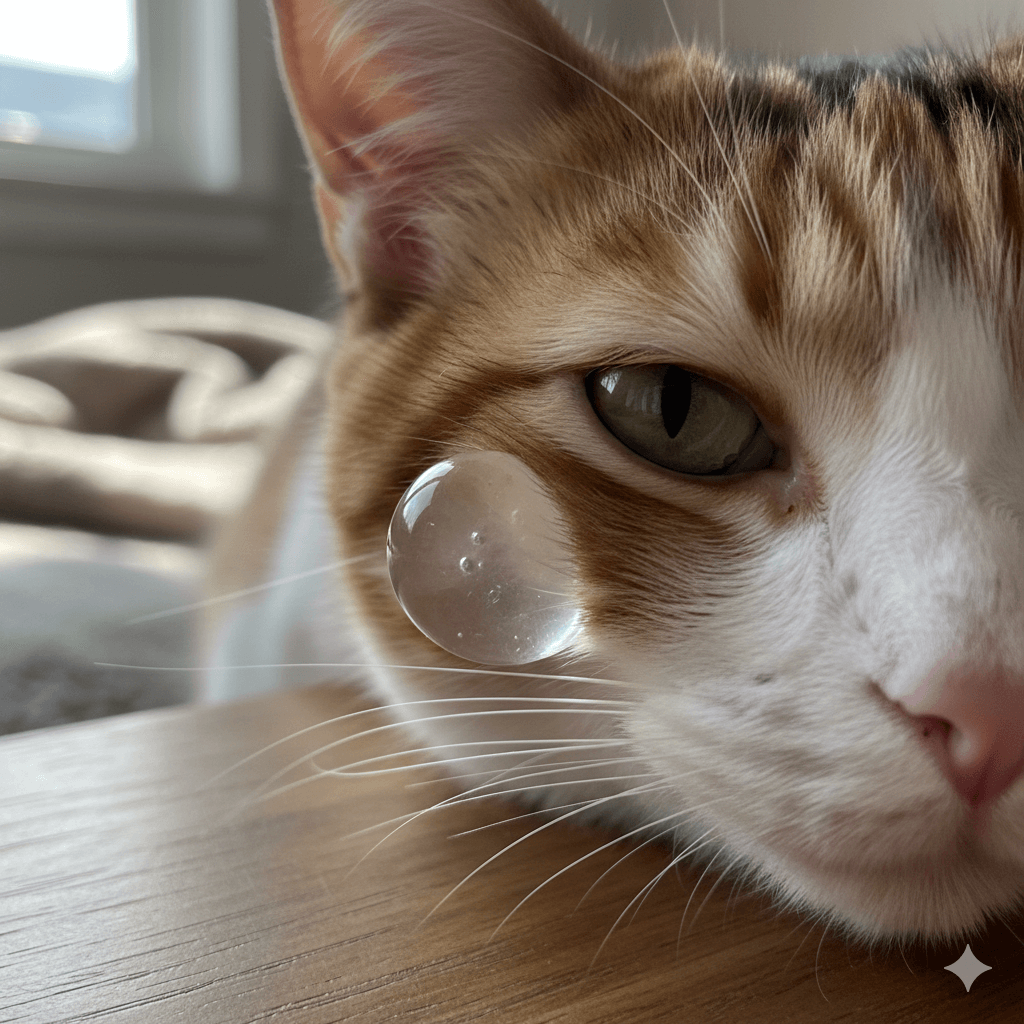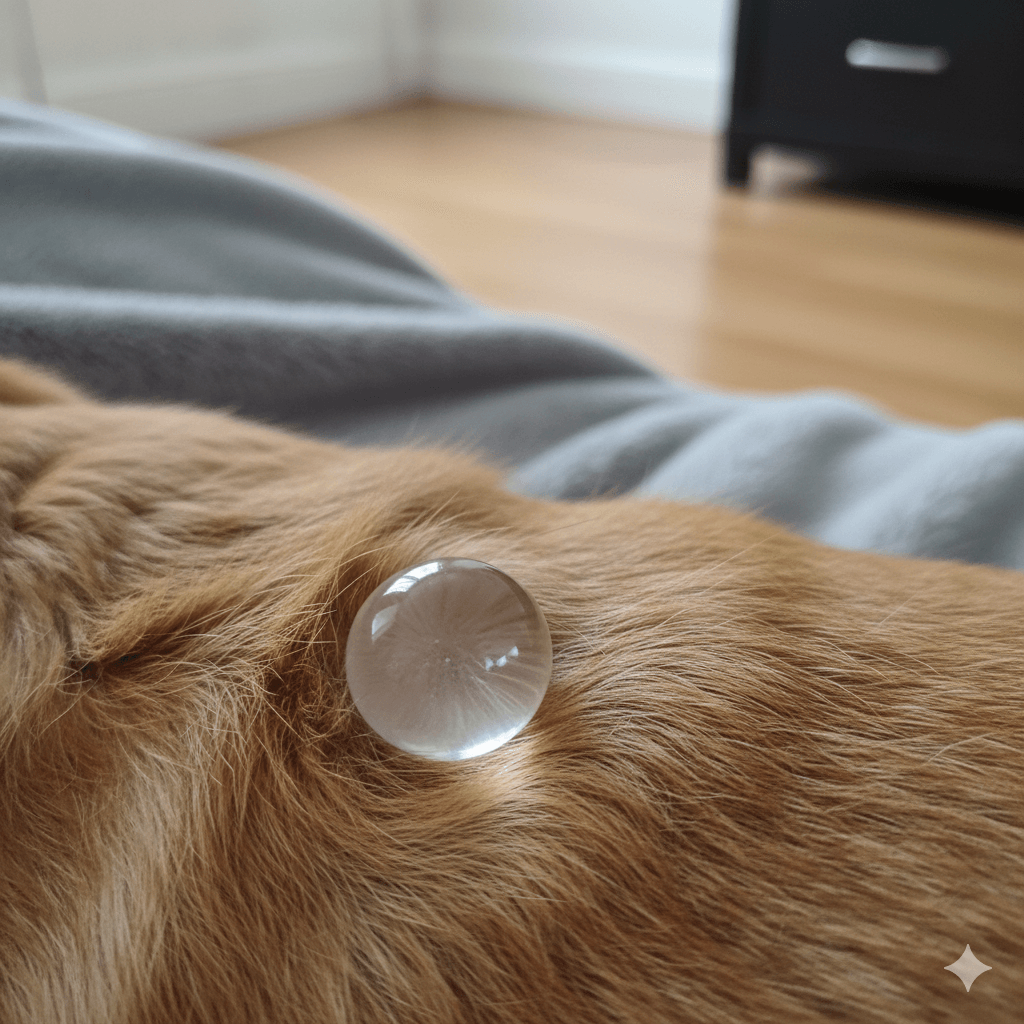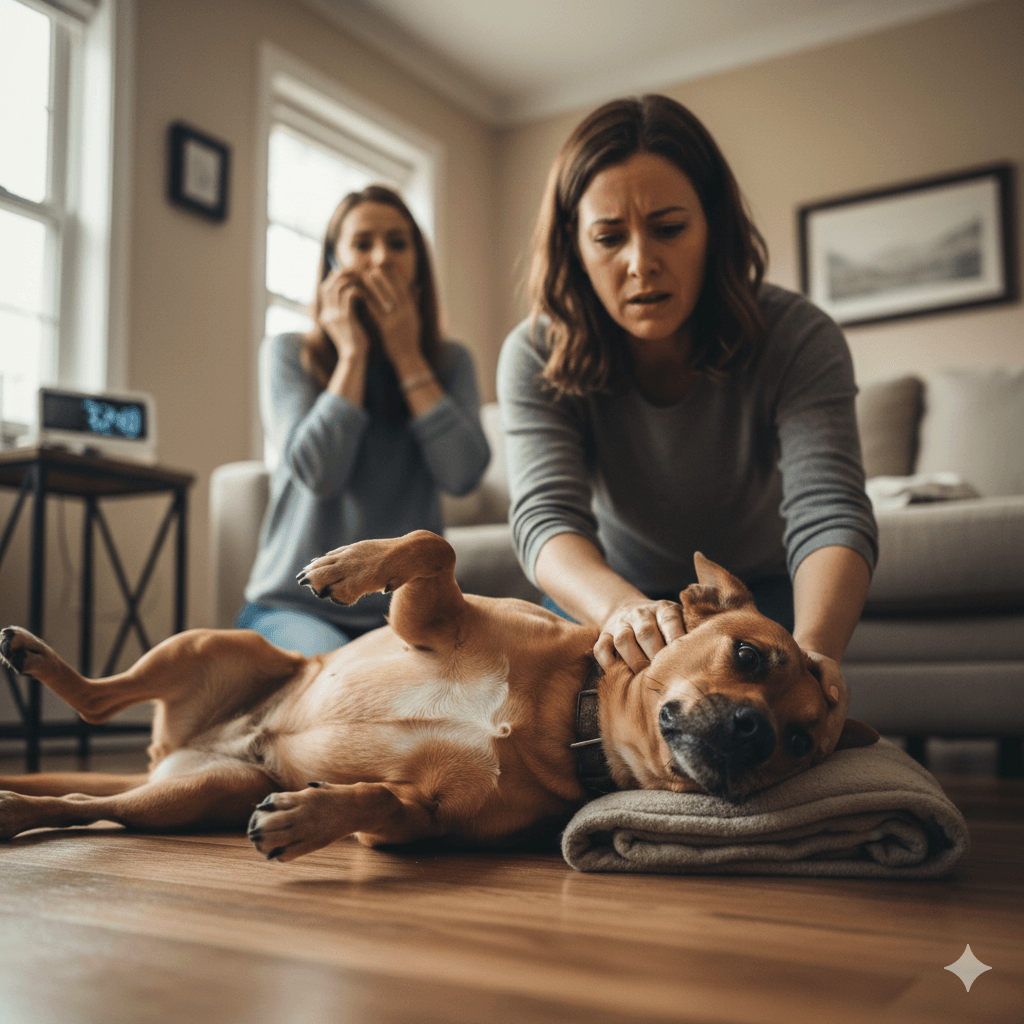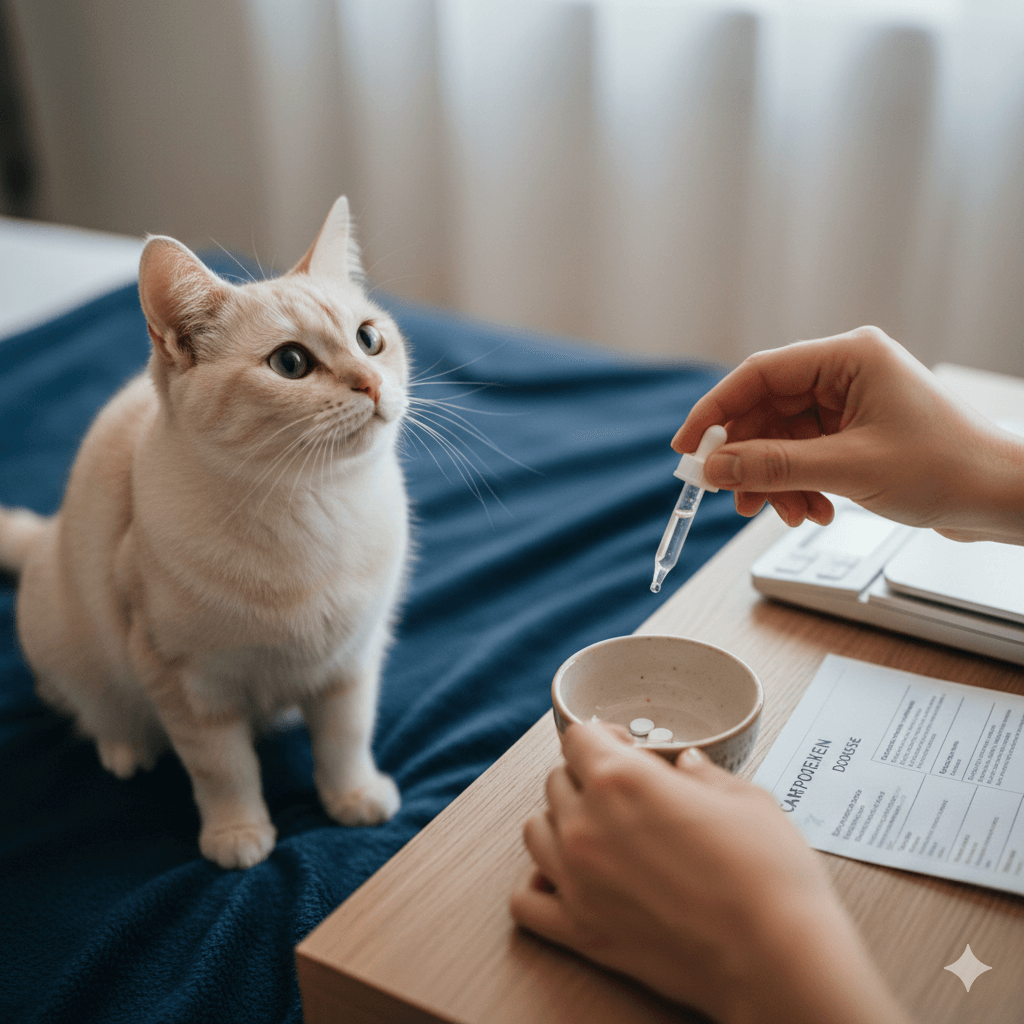Flat-Coated Retriever vs Golden Retriever: Which Breed Is Right for You?
When it comes to choosing a loyal and loving companion, both the Flat-Coated Retriever and the Golden Retriever are exceptional choices. These two breeds share many similarities, such as their friendly nature, intelligence, and love for outdoor activities. However, they also have distinct differences in terms of appearance, temperament, and care requirements. Whether you’re an active family looking for a playful pet or someone seeking a devoted companion, understanding the unique traits of each breed will help you make an informed decision. In this blog post, we’ll compare the Flat-Coated Retriever and the Golden Retriever to guide you toward the perfect furry friend for your lifestyle.
Key Differences Between Flat-Coated Retrievers and Golden Retrievers
While these two breeds may look similar at first glance, there are several key distinctions that set them apart. Understanding these differences is essential when deciding which breed aligns better with your preferences and needs.
Coat Texture and Maintenance:
Flat-Coated Retrievers have sleek, glossy coats that require less frequent grooming compared to the dense, feathery fur of Golden Retrievers.Size and Build:
Flat-Coated Retrievers tend to be slightly taller and leaner, while Golden Retrievers often have a stockier and more robust build.Lifespan Expectancy:
Both breeds have similar lifespans (10-12 years), but Flat-Coated Retrievers are slightly more prone to certain cancers later in life.Temperament Variations:
Flat-Coated Retrievers are known for their playful and clownish personalities, while Golden Retrievers are often described as calm and nurturing.Popularity and Availability:
Golden Retrievers are one of the most popular dog breeds worldwide, making them easier to find than the rarer Flat-Coated Retriever.
These differences highlight why it’s important to consider your lifestyle and preferences before choosing between these wonderful breeds.
Physical Characteristics of Flat-Coated and Golden Retrievers
Both breeds are visually stunning, but their physical traits reflect subtle yet notable contrasts. Here’s a closer look at what makes each breed unique in appearance.
Coat Color Options:
Flat-Coated Retrievers come in solid black or liver colors, while Golden Retrievers range from light cream to rich golden shades.Facial Expressions:
Golden Retrievers often have softer, more expressive faces, whereas Flat-Coated Retrievers sport a slightly more elegant and refined look.Ear Shape and Placement:
Both breeds have floppy ears, but Flat-Coated Retrievers’ ears sit higher on the head, giving them a distinctive silhouette.Tail Carriage:
Flat-Coated Retrievers typically carry their tails straighter and more horizontally, while Golden Retrievers’ tails curve gently upward.Overall Grooming Needs:
Golden Retrievers require daily brushing to prevent matting, while Flat-Coated Retrievers’ shorter coats need less intensive maintenance.
Their physical differences add charm and individuality to each breed, making them equally appealing in their own ways.
Check this guide 👉Golden Retriever Hound Mix: Best 7 Expert Tips!
Check this guide 👉American vs English Golden Retriever: Best 7 Expert Tips!
Check this guide 👉Golden Retriever Yorkie Mix: Best 7 Expert Tips!

Flat-Coated Retriever Traits | Golden Retriever Traits |
|---|---|
Sleek, low-maintenance coat | Dense, feathery coat requiring regular grooming |
Taller and leaner build | Stockier and more muscular frame |
Known for playful, energetic behavior | Calm, patient, and nurturing demeanor |
Less common and harder to find | One of the most popular dog breeds |
Prone to certain cancers | Susceptible to hip dysplasia and obesity |
Temperament and Personality Traits
Both breeds are beloved for their friendly and affectionate natures, but their temperaments differ in subtle ways that can influence your decision.
Energy Levels:
Flat-Coated Retrievers are high-energy dogs that thrive on constant activity, while Golden Retrievers are moderately energetic and adapt well to various lifestyles.Trainability:
Both breeds are intelligent and eager to please, but Golden Retrievers are often considered slightly easier to train due to their calm demeanor.Social Behavior:
Flat-Coated Retrievers are outgoing and clownish, making them excellent companions for families with children. Golden Retrievers excel as therapy dogs due to their gentle and empathetic nature.Independence:
Flat-Coated Retrievers may exhibit more independence, while Golden Retrievers tend to form strong bonds and prefer staying close to their owners.Adaptability:
Golden Retrievers adjust well to apartment living if exercised regularly, while Flat-Coated Retrievers fare better in homes with ample space.
Understanding these personality nuances ensures you choose a breed that matches your household dynamics and expectations.
Health Considerations for Each Breed
Both breeds are generally healthy, but like all purebreds, they are predisposed to certain genetic conditions. Being aware of these risks helps you provide proactive care.
Common Issues in Flat-Coated Retrievers:
This breed is prone to hemangiosarcoma and lymphoma, so regular vet check-ups are crucial.Common Issues in Golden Retrievers:
Hip dysplasia, elbow dysplasia, and heart conditions are more prevalent in Golden Retrievers.Lifespan Expectancy:
Both breeds live 10-12 years on average, but early detection of health issues can extend their quality of life.Exercise Needs Impact Health:
Proper exercise reduces the risk of obesity-related problems in Golden Retrievers and prevents destructive behaviors in Flat-Coated Retrievers.Dietary Requirements:
High-quality nutrition tailored to each breed’s specific needs supports overall health and longevity.
Prioritizing preventive care ensures your chosen breed remains happy and healthy throughout their life.
Training Tips for Both Breeds
Training is essential for raising a well-behaved and happy retriever, regardless of the breed. Here are some tips to ensure success with either a Flat-Coated or Golden Retriever.
Start Early:
Begin obedience training and socialization during puppyhood to establish good habits early on.Use Positive Reinforcement:
Reward-based methods, such as treats and praise, work best to motivate these eager-to-please breeds.Incorporate Mental Stimulation:
Puzzle toys and scent games keep their sharp minds engaged and prevent boredom-related behaviors.Be Consistent:
Consistency in commands and routines helps reinforce learning and avoids confusion.Focus on Recall Training:
Both breeds love to explore, so teaching a reliable recall command is crucial for off-leash adventures.
With patience and consistency, training becomes a rewarding experience for both you and your dog.
Exercise Ideas for Active Retrievers
Both Flat-Coated and Golden Retrievers are highly energetic and require plenty of physical activity to stay content. Here are some fun ways to keep them entertained and fit.
Long Walks and Runs:
Daily walks or runs help burn off excess energy and strengthen your bond.Fetch Games:
Playing fetch with balls or frisbees taps into their natural retrieving instincts.Swimming Sessions:
Retrievers love water, and swimming provides excellent low-impact exercise.Agility Training:
Set up obstacle courses to challenge their athleticism and mental focus.Interactive Toys:
Treat-dispensing toys and chewable puzzles keep them occupied when you’re busy.
Engaging in these activities ensures your retriever stays physically fit and mentally stimulated.
Common Misconceptions About These Breeds
Several myths surround Flat-Coated and Golden Retrievers, leading to misunderstandings about their care and characteristics. Clarifying these misconceptions helps set realistic expectations.
They Don’t Need Much Grooming:
While not high-maintenance, both breeds require regular brushing to manage shedding and prevent matting.All Retrievers Are the Same:
Though similar in many ways, Flat-Coated and Golden Retrievers have distinct personalities and needs.They’re Only Suitable for Active Owners:
While active families benefit most, Golden Retrievers can adapt to calmer households with proper exercise.They’re Easy to Train Without Effort:
Though intelligent, consistent effort and patience are still required for effective training.They’re Hypoallergenic:
Neither breed is hypoallergenic; both produce dander and shed moderately.
Dispelling these myths ensures a deeper understanding of what it takes to care for these wonderful breeds.
Frequently Asked Questions About Flat-Coated and Golden Retrievers
Which breed is better for families with kids?
Both breeds are great with kids, but Golden Retrievers are often preferred for their calm and patient demeanor.
Do they shed a lot?
Yes, both breeds shed moderately year-round, with heavier shedding during seasonal changes.
How much exercise do they need daily?
Both require at least 1-2 hours of vigorous exercise daily, though Flat-Coated Retrievers may need slightly more stimulation.
Are they good apartment dogs?
Golden Retrievers adapt better to apartments if exercised regularly, while Flat-Coated Retrievers prefer larger spaces.
What grooming tools do I need?
A slicker brush, de-shedding tool, and nail clippers are essential for maintaining either breed’s coat.
Choosing Between a Flat-Coated Retriever and a Golden Retriever
Deciding between a Flat-Coated Retriever and a Golden Retriever ultimately depends on your lifestyle, preferences, and ability to meet their unique needs. Both breeds offer boundless love, loyalty, and joy, but their differences in energy levels, grooming requirements, and temperaments mean one may suit you better than the other. By carefully considering factors like activity level, living space, and time commitment, you can confidently select the perfect furry friend to enrich your life. Whether you choose the playful exuberance of a Flat-Coated Retriever or the gentle warmth of a Golden Retriever, you’re sure to gain a lifelong companion who will bring endless happiness to your home.
Clear Fluid-Filled Cysts on Cats: Best 7 Expert Tips! – Learn causes, symptoms, and treatment options to manage cysts safely and ensure your cat’s health.
Clear Fluid-Filled Cysts on Dogs: Best 7 Expert Tips! – Discover causes, symptoms, and treatment options to manage these common yet concerning growths effectively.
Dog Seizure Symptoms: Best 7 Expert Tips! – Learn to spot signs, respond effectively, and manage seizures in dogs for a healthier, happier life.
Carprofen Dosage for Cats: Best 7 Expert Tips! – Learn safe dosing, risks, and alternatives to manage pain and inflammation in cats effectively.




